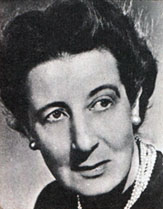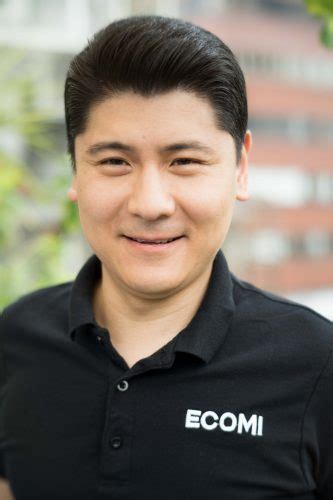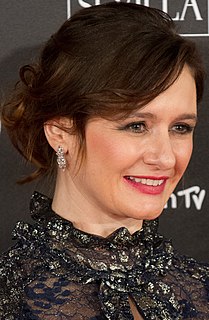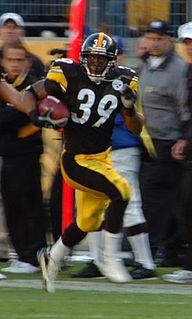A Quote by Josephine Tey
It's an odd thing but when you tell someone the true facts of a mythical tale they are indignant not with the teller but with you. They don't want to have their ideas upset. It rouses some vague uneasiness in them, I think, and they resent it. So they reject it and refuse to think about it. If they were merely indifferent it would be natural and understandable. But it is much stronger than that, much more positive. They are annoyed. Very odd, isn't it.
Related Quotes
Doubting what you see is a very odd experience. And doubting what you remember is a little less odd than doubting what you see. But it's also a pretty odd experience, because some memories come with a very compelling sense of truth about them, and that happens to be the case even for memories that are not true.
I get some very fierce anonymous letters about the Athanasian Creed, which would amuse you, if they were not so sad as to what they imply on the part of the writers. The last tells me that I am a Pharisee, and should have helped to crucify our Lord. It is very odd that people should think, much more write, such things; but the passion of unbelief is a very serious thing while it lasts.
There are more ideas on earth than intellectuals imagine. And these ideas are more active, stronger, more resistant, more passionate than "politicians" think. We have to be there at the birth of ideas, the bursting outward of their force: not in books expressing them, but in events manifesting this force, in struggles carried on around ideas, for or against them. Ideas do not rule the world. But it is because the world has ideas (and because it constantly produces them) that it is not passively ruled by those who are its leaders or those who would like to teach it, once and for all, what it must think.
I suppose you do think about the time that's allotted to you more than when you were younger. The mortality thing obviously has a stronger pull for you. It's an imminent truth; it's not necessarily a bad thing. You realize - much earlier than my age now - that you won't be able to play for England's football team, just to take a really crass example. So you can't have that life again. Unless you believe in reincarnation or whatever. Reincarnation? That's a whole other question. I find people who talk about that sort of thing in interviews idiotic. And I don't want to go down with them.
Some people have a knack, for example, of being able to tell when someone's lying to them. They may not know what the truth is, but they can tell when someone is trying to lead them astray or sell them something shady. I think he had that ability to an amazing degree. I also think he thought, without saying it explicitly, that you can convince a crowd of something that's not true more easily than you can one person at a time.
There's a willful ignorance. We indulge people who are willfully misrepresenting the facts. I don't think those [anti-choice] congresspeople are as much benignly misguided as they are intentionally and willfully ignorant of the facts of reproduction. That lends itself very well to them being ideologically driven and carrying out agendas that, if they were to be really honest about the facts, would be a tougher sell.
I don't particularly care about having [my characters] talk realistically, that doesn't mean very much to me. Actually, a lot of people speak more articulately than some critics think, but before the 20th century it really didn't occur to many writers that their language had to be the language of everyday speech. When Wordsworth first considered that in poetry, it was considered very much of a shocker. And although I'm delighted to have things in ordinary speech, it's not what I'm trying to perform myself at all: I want my characters to get their ideas across, and I want them to be articulate.
Despite the fact that an Indonesian island chicken has probably had a much more natural life than one raised on a battery farm in England, people who wouldn't think twice about buying something oven-ready become much more upset about a chicken that they've been on a boat with, so there is probably buried in the Western psyche a deep taboo about eating anything you've been introduced to socially.



































